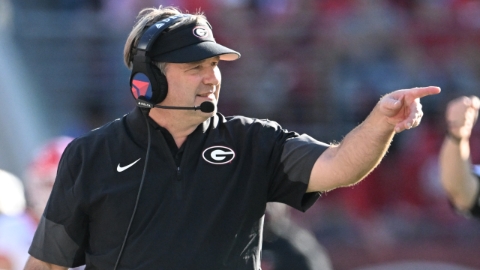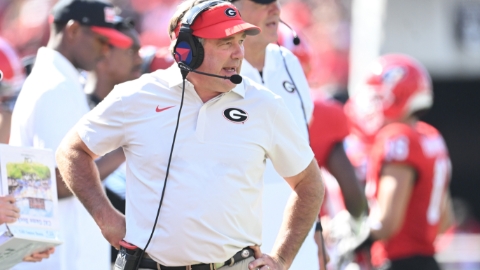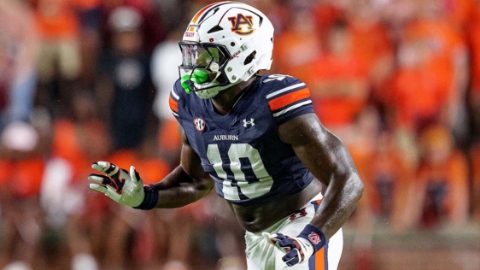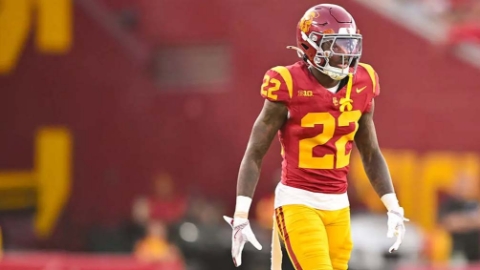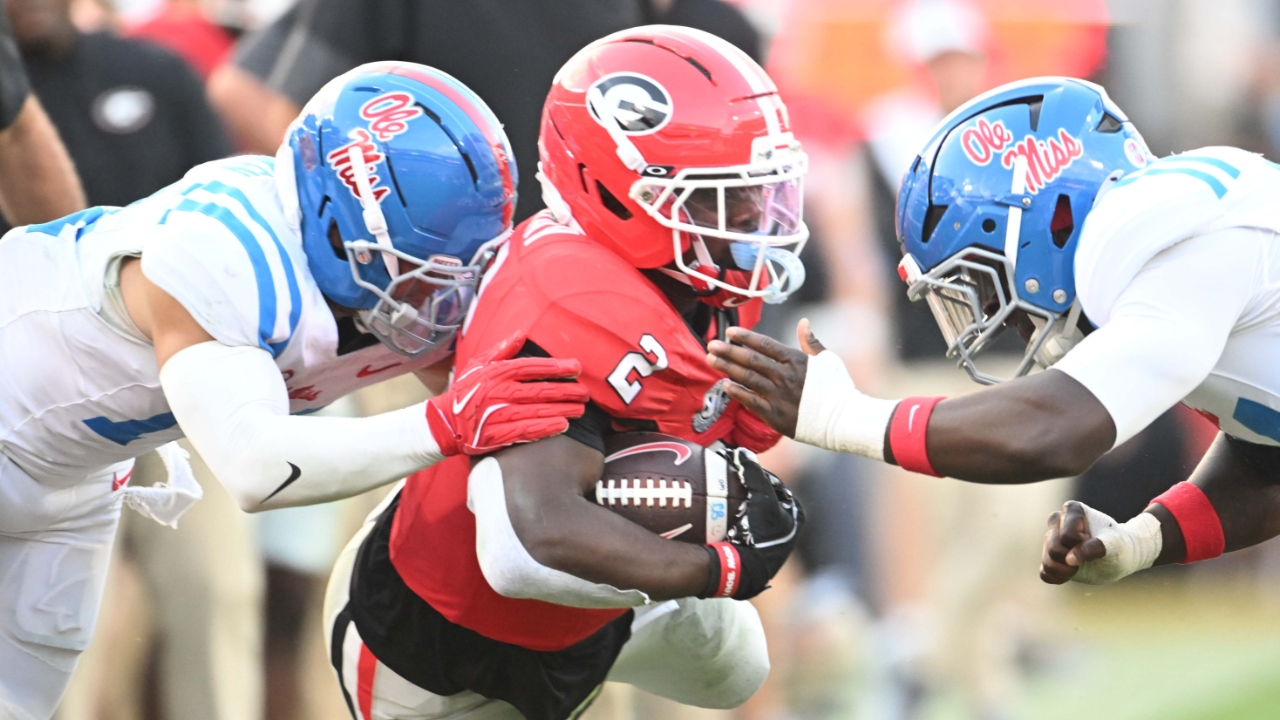
Why Betting on College Football Isn't the Same as the NFL
College football and NFL betting operate on fundamentally different principles. The structural differences between these leagues create distinct betting environments that require separate approaches and strategies.
Talent Gaps Shape Betting Lines
NFL teams operate under a draft system that distributes talent across all 32 franchises. The worst teams receive priority access to the best incoming players each year. College football has no such mechanism. Programs like Alabama, Georgia, and Ohio State recruit the top high school players year after year, while smaller schools compete for what remains.
This concentration of talent produces massive point spreads in college football. Games with 30-point spreads happen regularly during the season. The largest NFL spread in history was 28 points for a 2013 game between Denver and Jacksonville. Most NFL games feature spreads under 10 points because the talent gap between teams stays relatively narrow.
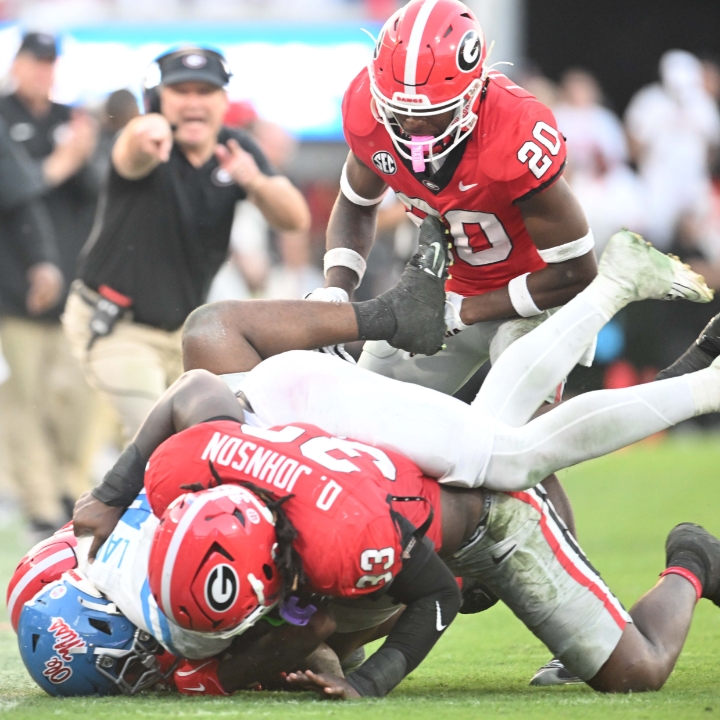
Player Development Creates Unpredictability
College players range from 18 to 23 years old. A freshman quarterback making his first road start performs differently than a fifth-year senior. NFL rosters consist of professionals who have trained for years at the highest level. This maturity difference affects game outcomes and betting reliability.
Young college players respond unpredictably to pressure situations. A team might dominate for three quarters then collapse when facing adversity. NFL teams maintain consistency because their players have extensive professional training and game management skills.
How Line Shopping Varies Between College and NFL Markets
College football's 130+ FBS teams create pricing inconsistencies across different platforms. A game between Toledo and Eastern Michigan might show a 7-point spread at DraftKings 6.5 at FanDuel. NFL games rarely show this variance because oddsmakers focus more resources on professional matchups. Nevertheless, do your research for the best sportsbook in terms of odds before betting.
The sheer volume of Saturday games means sportsbooks allocate less time to each college matchup. Mid-major conferences often see the widest spread variations, while prime-time NFL games typically show half-point differences at most. Smart bettors check multiple platforms before placing wagers on either league.
Motivation Factors Affect College Teams Differently
College teams face unique motivational situations throughout the season. A team eliminated from conference championship contention might lose focus against inferior opponents. Bowl eligibility, rivalry games, and coaching changes create emotional variables that professional teams rarely encounter.
NFL players compete for contracts and playoff positioning every week. Their financial incentives remain constant regardless of opponent or timing. College athletes play for school pride, NFL draft position, and personal achievement, which fluctuates based on circumstances.
Schedule Imbalances Create Betting Opportunities
College teams play wildly different schedule strengths. A Power Five conference team might face three ranked opponents consecutively, then play an FCS school. These scheduling disparities make form analysis complicated. A team appearing weak after losing to top programs might dominate lesser competition the following week.
NFL scheduling follows a structured formula based on previous season standings and divisional rotations. Every team plays similar competition levels throughout the season. This consistency allows for more reliable performance tracking and betting analysis.
Public Money Flows Differently
Alumni and regional fans bet heavily on their college teams regardless of odds or matchups. This emotional money moves lines in ways that don't occur in NFL betting. A popular program receiving lopsided public action might see its spread move multiple points despite no fundamental reason for the adjustment.
NFL betting attracts more professional money and analytical approaches. Lines move based on sharp action and injury reports rather than fan loyalty. The betting public spreads their NFL wagers across multiple games instead of concentrating on specific teams.
Overtime Rules Impact Totals
College football's overtime format starts teams at the opponent's 25-yard line. Both teams receive possession opportunities, potentially creating high-scoring extended periods. Games can produce 20 or more overtime points, drastically affecting over/under results.
The NFL uses a modified sudden-death format. Teams might score once or not at all during overtime. This limited scoring potential makes NFL totals more predictable than college games that could extend through multiple overtime periods.
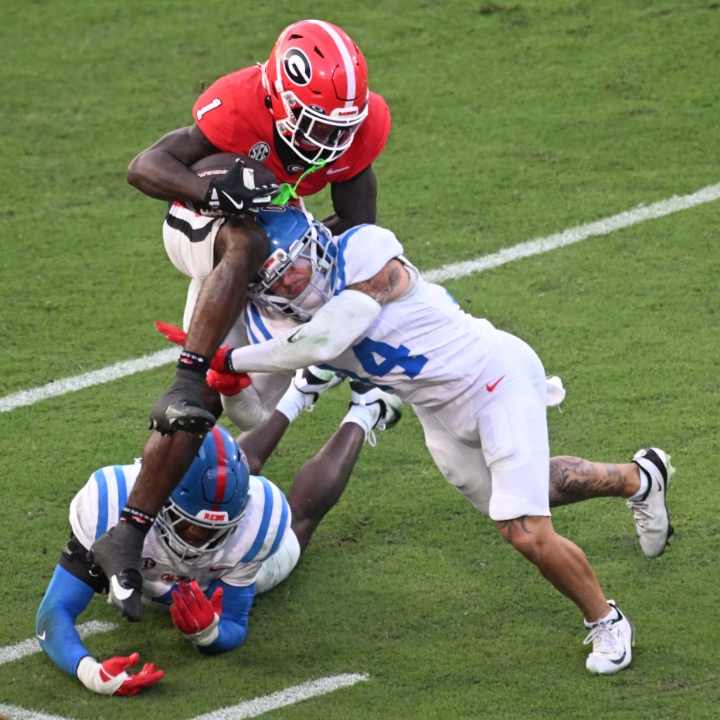
Information Availability Differs
NFL teams provide detailed injury reports with specific player statuses. Beat reporters cover every practice, and information flows constantly through established media channels. Bettors access comprehensive data about team conditions before placing wagers.
College programs share minimal information about injuries or player availability. Coaches protect competitive advantages by limiting public disclosures. A star player might miss a game with no advance warning, leaving bettors without essential information for decision-making.
Market Volume Creates Opportunities
Saturdays feature over 50 college football games during peak weeks. Sportsbooks cannot dedicate equal attention to every matchup. Games between smaller programs receive less scrutiny, creating potential value for informed bettors who research these overlooked contests.
The NFL schedules a maximum of 16 games per week, with most occurring on Sunday. Oddsmakers analyze every game extensively, making it harder to find pricing errors. The concentrated attention on NFL games produces tighter, more accurate lines.
Conclusion
Betting on college football requires different skills and strategies than NFL wagering. The talent disparities, player development stages, and emotional factors in college football create a volatile betting environment. NFL betting offers more predictability through professional consistency and comprehensive information availability. Successful bettors recognize these distinctions and adjust their approaches accordingly. Each league presents unique opportunities for those who understand the fundamental differences between amateur and professional football betting markets.
